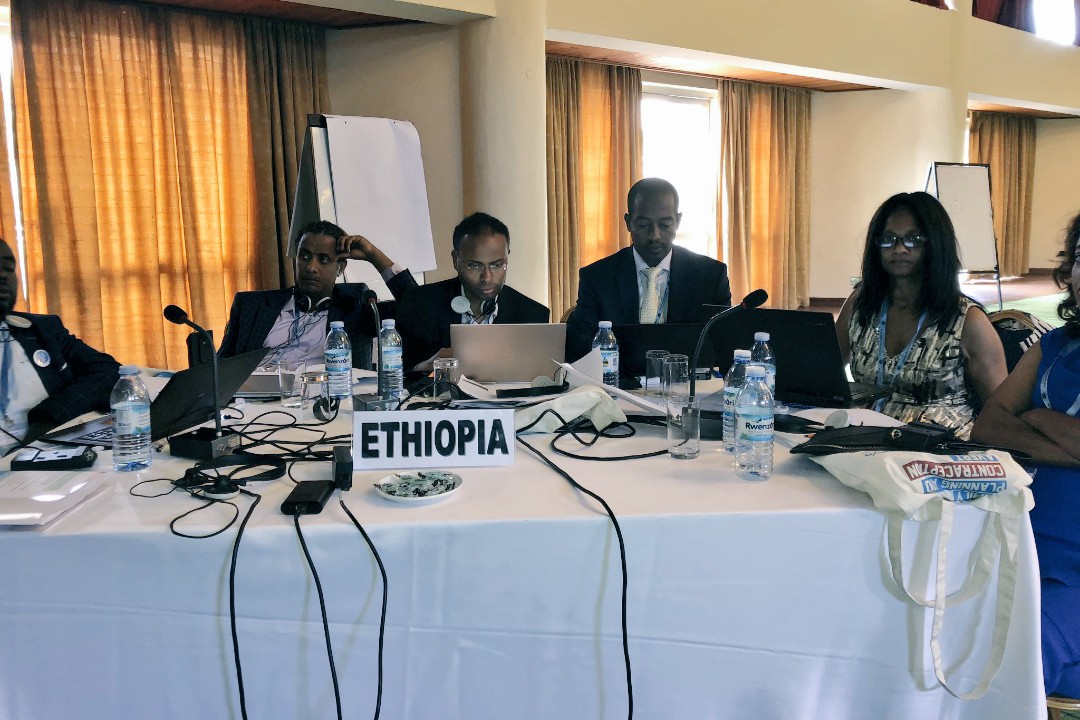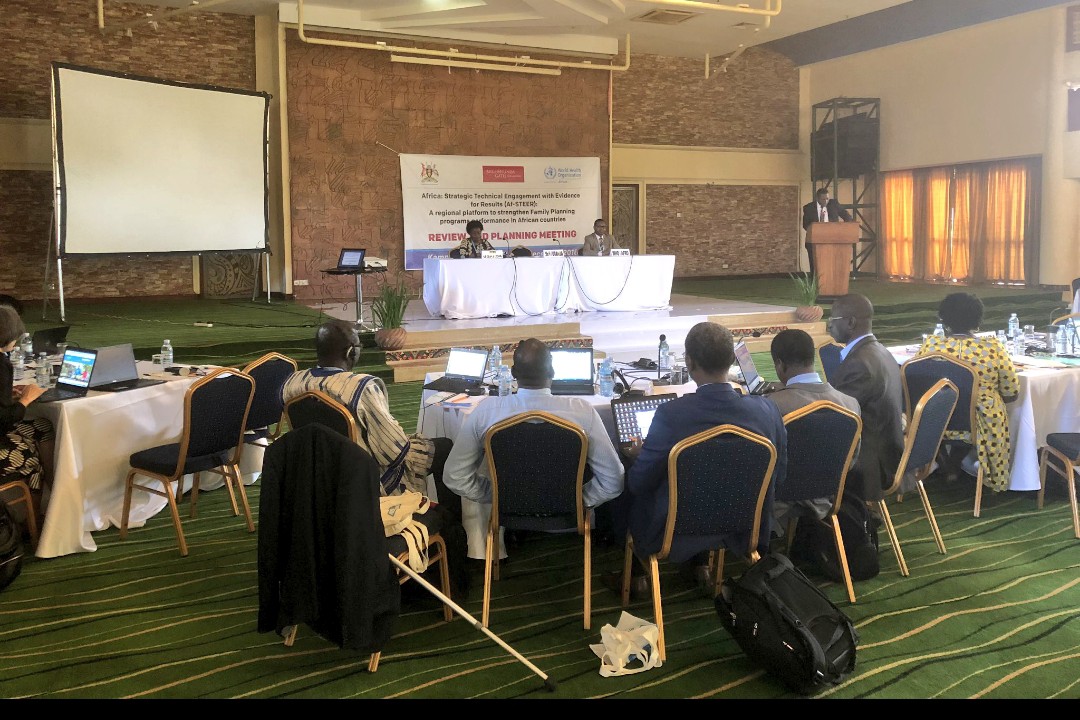The World Health Organization (WHO) representative in Uganda, Dr Yonas Tegegn Woldemariam has said there is an urgent need to address the unmet need for family planning which results into maternal and infant mortality in Uganda and the African continent as a whole.
Dr Woldemariam was speaking on Monday at the opening of a five-day meeting on strengthening family planning services in, Burkina Faso, Côte d’Ivoire, Ethiopia and Uganda, in Kampala.
The workshop is organized by the WHO and the Ministry of Health of Uganda, with support from the Bill and Melinda Gates Foundation.
“Unwanted pregnancies remain a problem that threatens the lives and well-being of women and girls, their families and the community as a whole,” said Dr Yonas Tegegn Woldemariam, the WHO Representative for Uganda in a statement on Monday.
“This huge unmet need for family planning contributes to neonatal, infant and maternal mortality and reduces educational and economic opportunities and household incomes. Family planning is a vital life-saving intervention,” he added.
In Africa, more than 47 million women, who wish to stop or delay pregnancies have limited access to contraception.
Almost 1 in 4 women in the African region are unable to access family planning services and the region has the lowest contraceptive usage rate in the world.
The meeting is taking place to review a three year programme called, “Strategic Technical Engagement with Evidence of Results (Af-STEER) in Africa: A Regional Platform to Strengthen the Performance of Family Planning Programmes in African Countries”.
The initiative, which is funded by the Bill and Melinda Gates Foundation began in 2017 and focuses on vulnerable populations adolescent girls and women.
The meeting’s 40 participants include representatives from the Ministry of Health, obstetricians, gynecologists, and midwives; family planning experts from the WHO, the United Nations Population Fund (UNFPA), JhPiego an international non-governmental organization and other implementing partners.
They will review the progress made so far, identify opportunities and challenges, and agree on the main priority activities to be undertaken in 2019.
The sessions will include updates on expanding information and access to age appropriate information and voluntary family planning services and contraception for adolescents and young people and are an opportunity for the participants to strengthen their knowledge.
In addition, the meeting will enable health authorities and other implementers to refine their planning for 2019 and have a more holistic approach to family planning activities.











